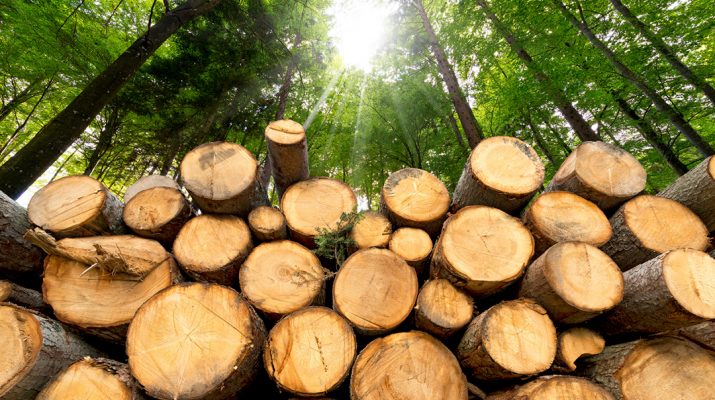AN arborist who worked under contract to VicForests across Gippsland says the ban on harvesting native timber adds to the risk of serious bushfires and has left many in the industry in dire financial situations, including himself.
Brendon Clark worked under contract for VicForests after establishing his business in Erica in 2007 until June last year.
The state government that had earlier announced it would phase out native timber harvesting in state forests in 2030, advanced the closure to January 1 this year leaving, Mr Clark said, those working in the industry in limbo and under financial difficulty.
He said the original 2030 deadline was “unattainable” and a promise that led timber workers to invest in their business and family homes under the belief they had time to repay their debts before the closure.
Mr Clark said his work as an arborist and seed collector across an area of High Country from Healesville to Omeo involved stopping deforestation after significant bushfires.
“I never cut down a tree for timber production but to save our key species,” he said.
“The sad truth is that the more our important ecosystems burned the more my business profited.”
Mr Clark said he took great pride in the work his business did, believing he had helped save millions of trees after devastating fires. Emotional politics had clouded judgements and failed to recognise how the timber industry had contributed billions of dollars to the Victorian economy and rural communities.
“Recent bushfires had shown that young, dense forests cannot stop the spread of fire and without proper rehabilitation, the risk of future fires continues to rise,” he said.
Mr Clark said the 2019/20 fires alone entirely burnt five unrehabilitated national parks and the “dominant species in alpine forestry perished and have been replaced by acacia trees”.
He said huge numbers of native animals were also lost, the survivors now exposed to feral predators and the natural wildlife food sources on which they rely are being eaten by feral deer. Forestry needed to generate income to pay for essential rehabilitation work.
He claimed the government’s lack of support and adequate resources for a smooth transition had exacerbated the feelings of neglect among timber and forestry workers.
Describing the early closure of native timber harvesting as a “deceitful trap”, Mr Clark said many businesses and workers who could not find other work were desperately seeking answers.
Many, including himself, had not received any support from the government and were facing the tough reality of declaring bankruptcy.
“Regrettably, as they dismantle our industry, the concerns of these timber workers have not been adequately addressed by our government leaders,” Mr Clark said.
The stress and uncertainty faced by the frontline industry workers and their families were overwhelming, leaving them in limbo. “With some of them, myself included, not having been paid for months. The future looks uncertain, casting a shadow of doubt over the entire community,” he said.
“My inquiries to the government have been answered with advice to apply to Centrelink for assistance and there have been nothing but obstacles to accessing the compensation the industry rightfully deserves.”
– Warragul Gazette

